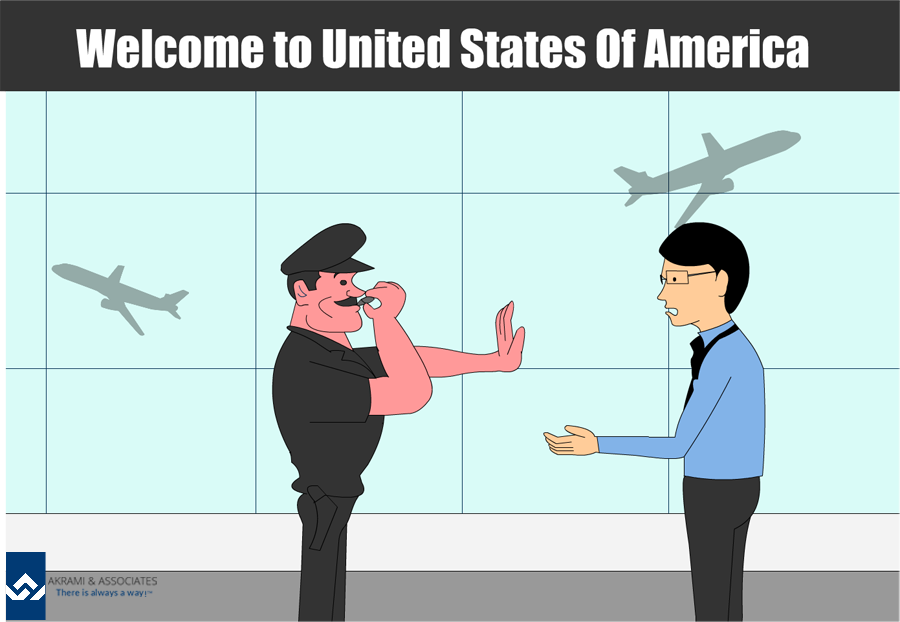
Phone: 416-477-2545 || E: info@TheVisa.ca || Book a Consultation
If you have previously been admitted into the US and overstayed beyond the validity of your authorized period of stay, you are not alone. Every year, thousands of immigrants remain in the US illegally.
However, many do not understand the ramifications of their actions as the US does not take kindly to those who are in the country without legal status. You may face immigrants bans and bars to re-entering the country.
If you are approaching the end of your authorized period of stay, consider what this might do to your future immigration goals in the US. Otherwise, if you have already overstayed, you will need special authorization to return to the US once you have exited or been removed.

If you overstay in the US, there are four main consequences to this infraction of immigration policy.
A three year bar may apply if you have overstayed in the US more than 180 days less a year and you leave prior to action being taken in the form of removal proceedings. If you comply within these time frames, only the three year bar would apply, as oppose to the ten year bar.
The ten year bar comes into effect when you have overstayed in the US passed one year and you leave before removal proceedings take effect. The ten year bar would apply for the date of your departure.
Typically, if your status is close to expiring, you have the option to apply to extend your stay or change your status from a non-immigrant to an immigrant, should you qualify. If you submit an application prior to this expiry, you will not face any consequences as you are considered to be in status until a decision is made on this application.
However, if you overstay in the US, past the validity of your visa, you will not be able to make such an application. This is why it is very important that you keep your status up to date.
USCIS takes overstaying very seriously, this being said, the policy is very clear on the subject. Anyone overstaying by even a small amount of time is considered to have their status in the country void. If this applies to you, you will not be able to get new status from inside the US. You will have no other choice but to exit and apply for new status from outside the US.
If you have overstayed in the US and you wish to obtain new status, you cannot do so from inside the US or another officer more conveniently located closer to the US. You will need to apply from outside the US at the consulate that is designated for your home country. If one such consulate does not exist, the consulate to which you must apply will be decided for you.

If you have overstayed in the US, you are considered inadmissible. This means, like all other inadmissibility issues, you will need a US Waiver to facilitate your re-entry to the US along with whatever other status document you will require as per your intended purpose in the US. Obtaining this waiver would not necessarily mean you avoid the three or ten year bar.
However, if you are the spouse or child of a US Citizen, you may obtain a Waiver to avoid the three or ten year bar if you can demonstrate that your spouse or parents would suffer undue or extenuating hardship should you not be allowed to return to the US. Hardship to you, as the applicant, does not apply for the Waiver.
When it comes to inadmissibility due to overstay, options are limited and time is a factor. Acting fast and submitting the right kind of application with the right supporting arguments can mean the difference between getting new status in the future or having to wait three or ten years to see your loved ones again. Akrami & Associates understands the importance of such an applicant and will assist you:
For more information on US Waivers and Overstays, feel free to browse our vast collection of information on the subject or contact us directly at 1-877-622-8182 or 416 477 2570. You can also email at This email address is being protected from spambots. You need JavaScript enabled to view it..